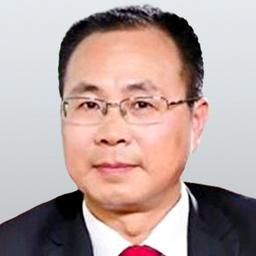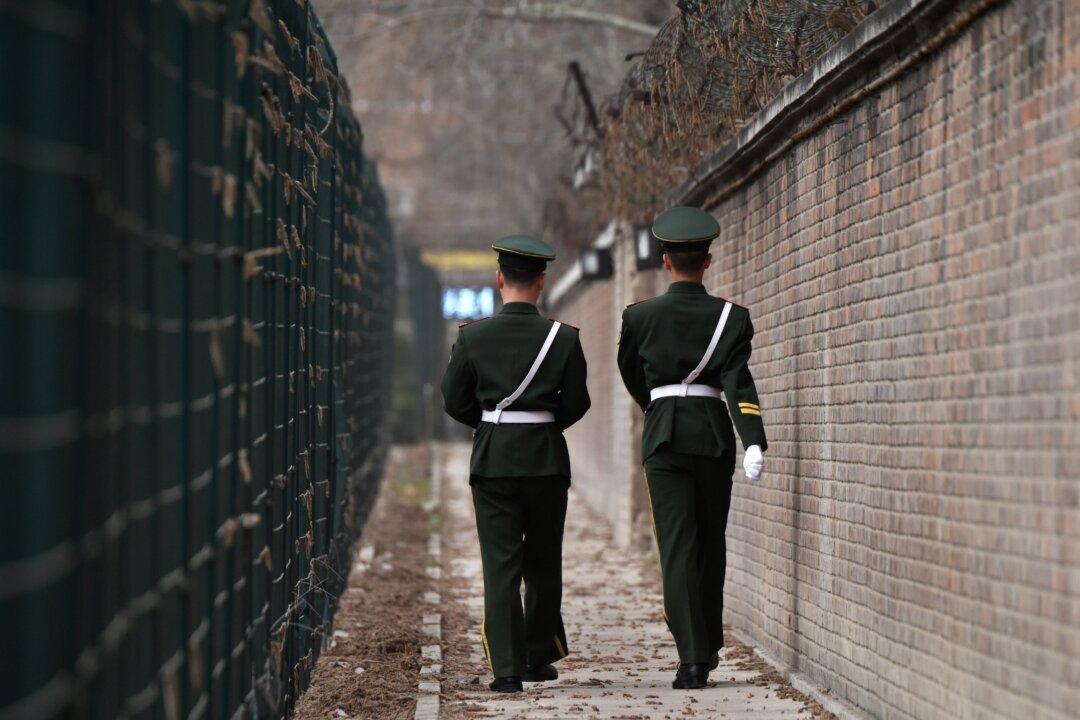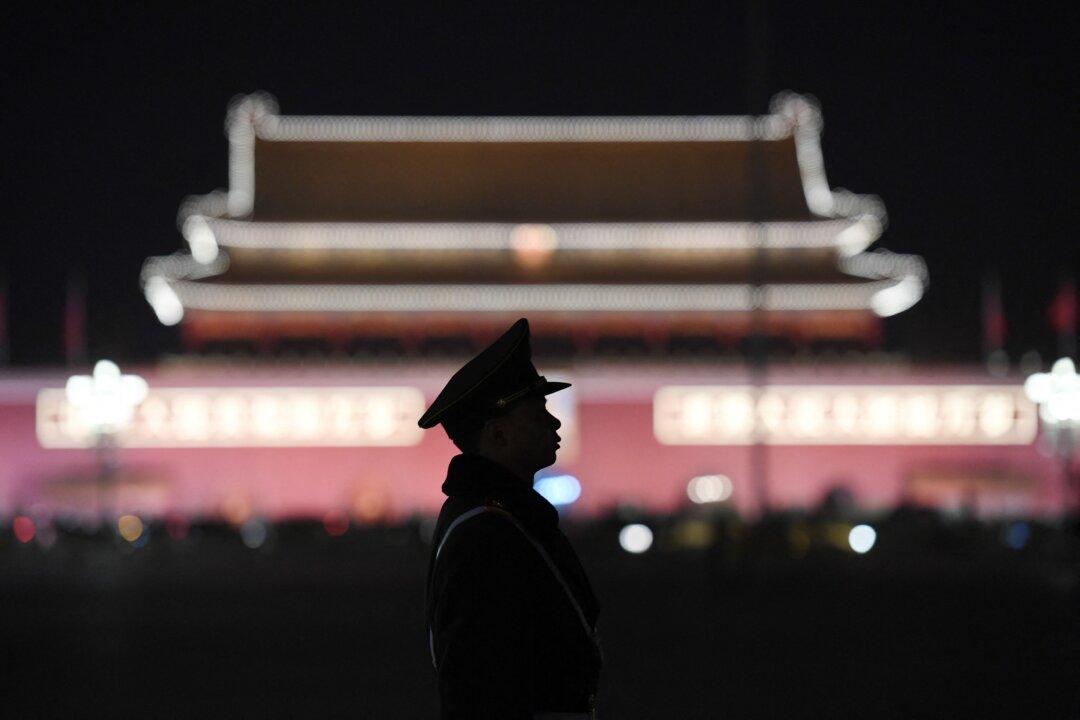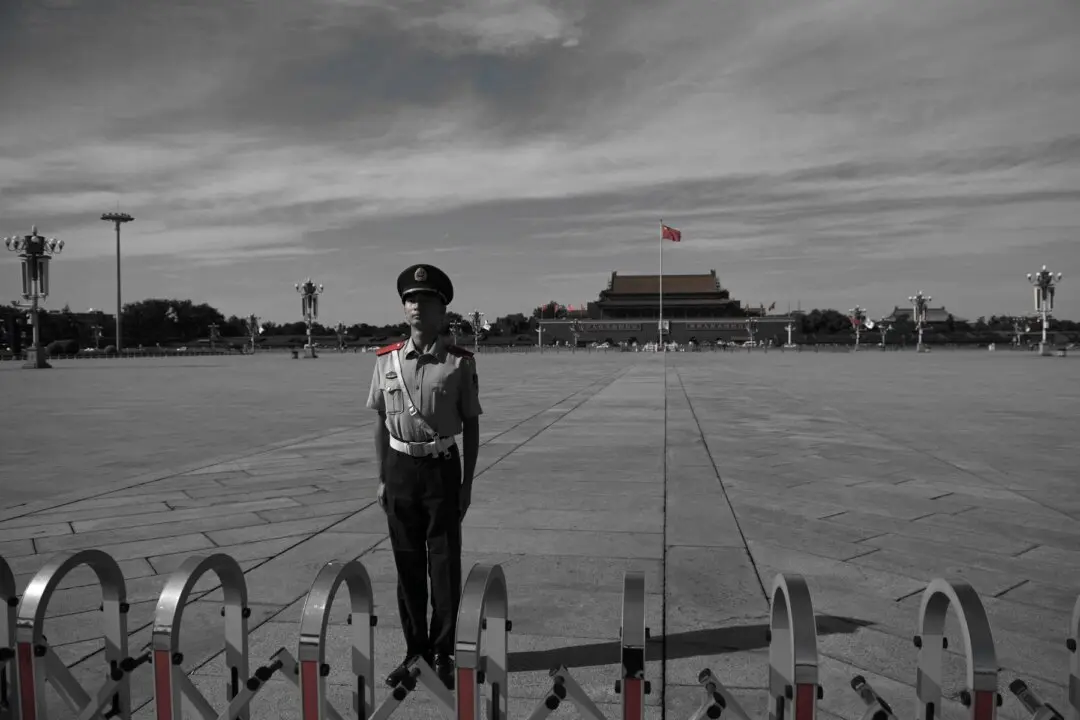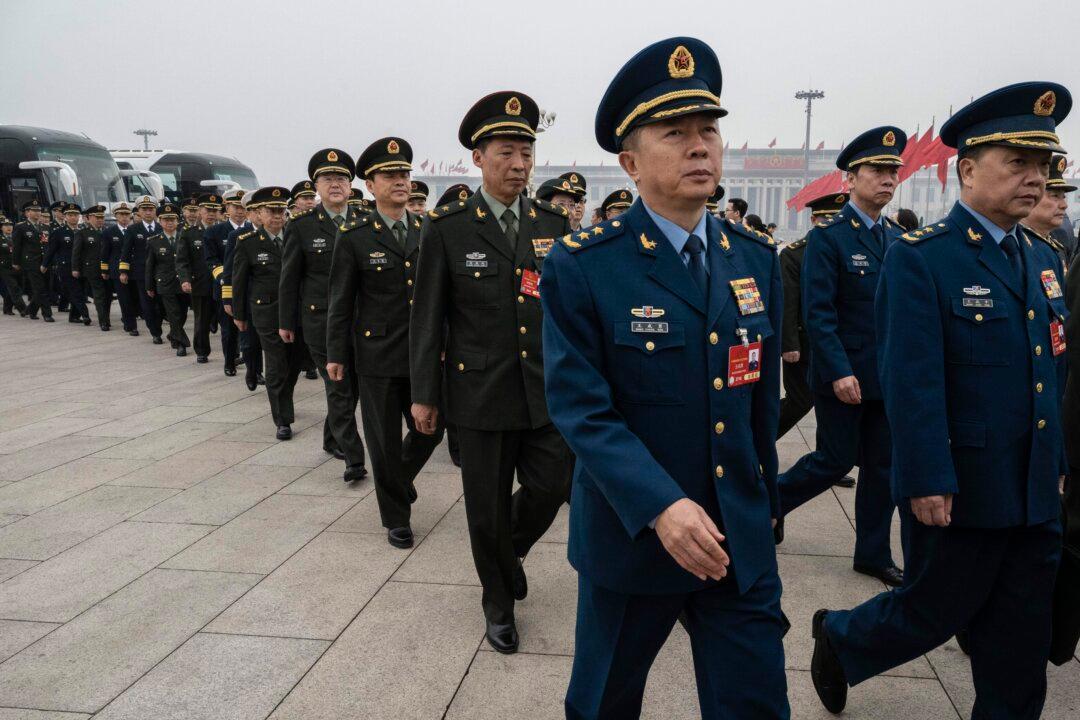Commentary
While Sweden once was one of the most favorable nations toward China, relations have soured over the years, with the Chinese ambassador resigning from his post in September. A combination of Sweden’s support for human rights and a tough stance on China’s wolf warrior diplomacy has led to loss of favor with the Chinese regime.

